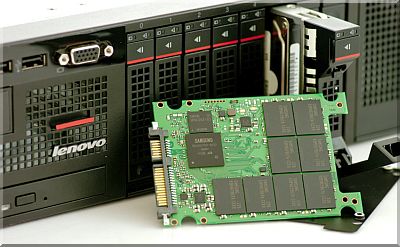
These days, there are all sorts of expansive blogs and online discussion forums for pretty much every subject imaginable. The forums in particular are great for talking extensively with similar enthusiasts and getting as much perspective as possible on the things you’re into, and there’s no better place to get recommendations for the best gear or whatever it is you’re looking to acquire. Many of them working with Canadian web hosting providers build their platforms using the popular vBulletin software, including the new vBulletin 5. And yes, successful discussion forums can bring advertisers and thus profit for the webmasters. Websites like these have heavy data demands with the nature of their size and user interactivity. In this business, the I and O in I/O requests stands for input and output, and how that relates to a website is that - when there’s many of them - it’s a lot to ask of the standard drives that will be made available with basic web hosting. SSD web hosting is a specialty here at 4GoodHosting, and we’ve got many customers enjoying the stability and security it provides for their websites. Ideal for Database-Driven Applications During peak viewing times, the amount of I/O requests can slow down the recall of information from your database. This is especially true for sites on traditional "spinning media" disk drives. The physical limitations of spinning hard disks and the mechanical head restricts the amount of information that can be requested at a given time. SDD hard drives are excellent for database driven applications. A custom application or an e-commerce website needs to have a significant amount of database input and output and as the site gets more traffic the person’s hard drive will be getting much more I/O requests. The vast amount of I/O requests could over time slow down the information from a database. SSD Hosting proves to be much more sufficient because-because SDD hosting has no use for any moving objects or parts data transfer is only restricted by the speed of the network. Want stats? SSDs were able to outmatch the hard disk drives when on the I/O transfer. SSDs were able to push...






